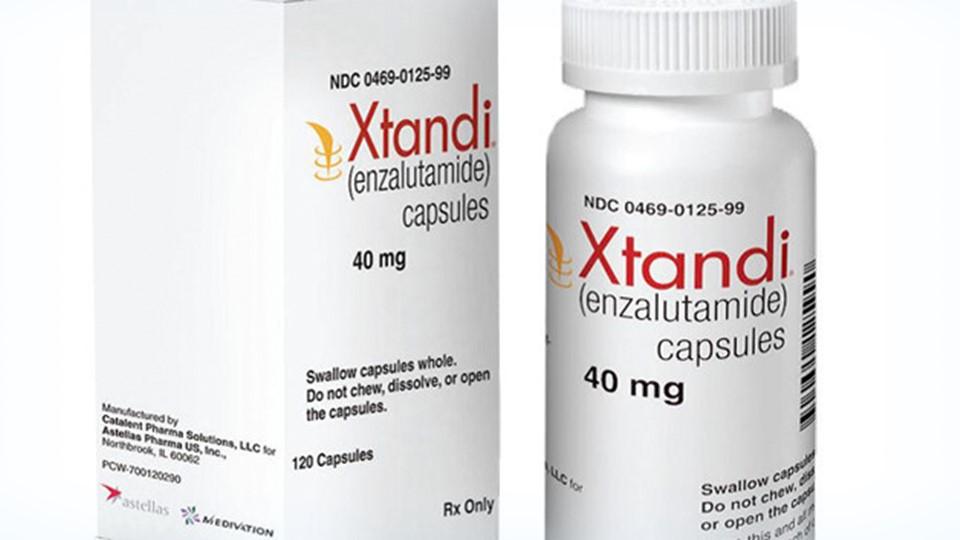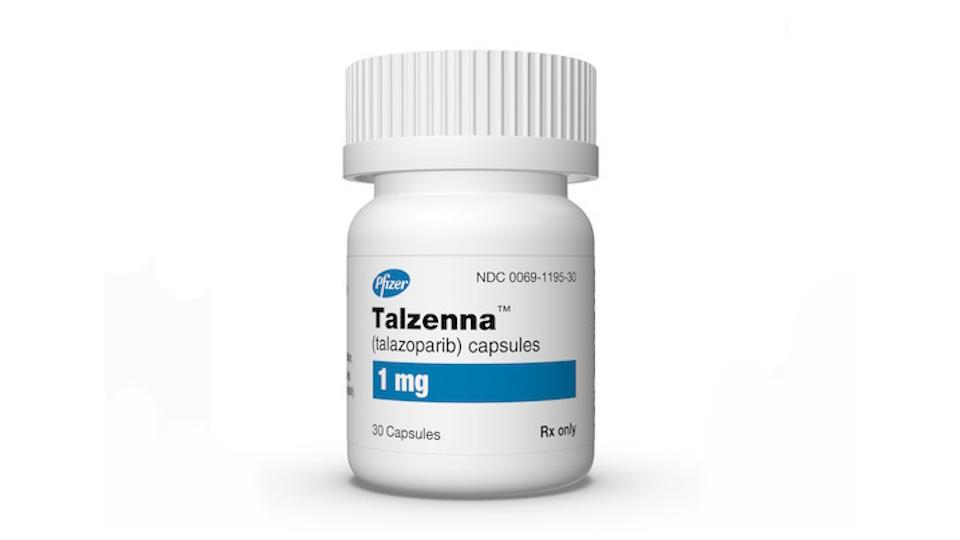EU clears review of Xtandi in earlier-stage prostate cancer

The EMA will kick off a review of Astellas and Pfizer's prostate cancer therapy Xtandi in an earlier-stage form of the cancer, which if approved could give the product a lift in the last few years of its patent life.
The EU regulator has validated the application for Xtandi (enzalutamide) as a treatment for non-metastatic castration-sensitive prostate cancer (nmCSPC) patients who have a high risk of biochemical recurrence and are unsuitable for salvage radiotherapy, setting up a decision next year.
nmCSPC refers to prostate cancer tumours that haven't spread to other parts of the body and respond to conventional hormonal therapies. Biochemical recurrence refers to a rise in prostate-specific antigen (PSA) levels that can indicate the cancer is returning and can be seen in upwards of 20% of patients.
The new filing is based on the results of the EMBARK study, which found that adding Xtandi to the standard hormonal therapy leuprolide in these patients reduced the risk of metastasis or death by 58% compared with leuprolide plus placebo.
Xtandi also showed efficacy on its own, achieving a 39% reduction in that endpoint, according to results presented at the American Urological Association (AUA) congress earlier this year.
The EMA is the first major regulator to start a review of the new indication for Xtandi, which is already approved to treat advanced-stage castration-resistant prostate cancer (CRPC) and metastatic CSPC and made around $5.9 billion in sales last year. It is, however, due to lose patent protection in the EU and Japan in 2026 and the US in 2027.
Astellas said that the EMA's decision to validate a so-called 'type II variation' for Xtandi – which isn't a full marketing application, but still requires formal approval – could answer a pressing need for thousands of prostate cancer patients across Europe.
The data is also being discussed with the FDA and other regulatory authorities around the world to see if Xtandi's label can be extended to include nmHSPC, and the FDA granted a priority review for this indication in August.
Astellas' head of oncology development, Ahsan Arozullah, said that, even for those who have received initial curative treatment, a risk remains that their cancer may return.
"These patients, particularly those with rapidly rising PSA levels, need new therapeutic approaches," he added.
"The validation of the type II variation by the EMA marks an important step towards potentially making Xtandi, an existing standard of care for advanced prostate cancer in the EU, available to patients with earlier stages of the disease who are at risk of their cancer spreading."













